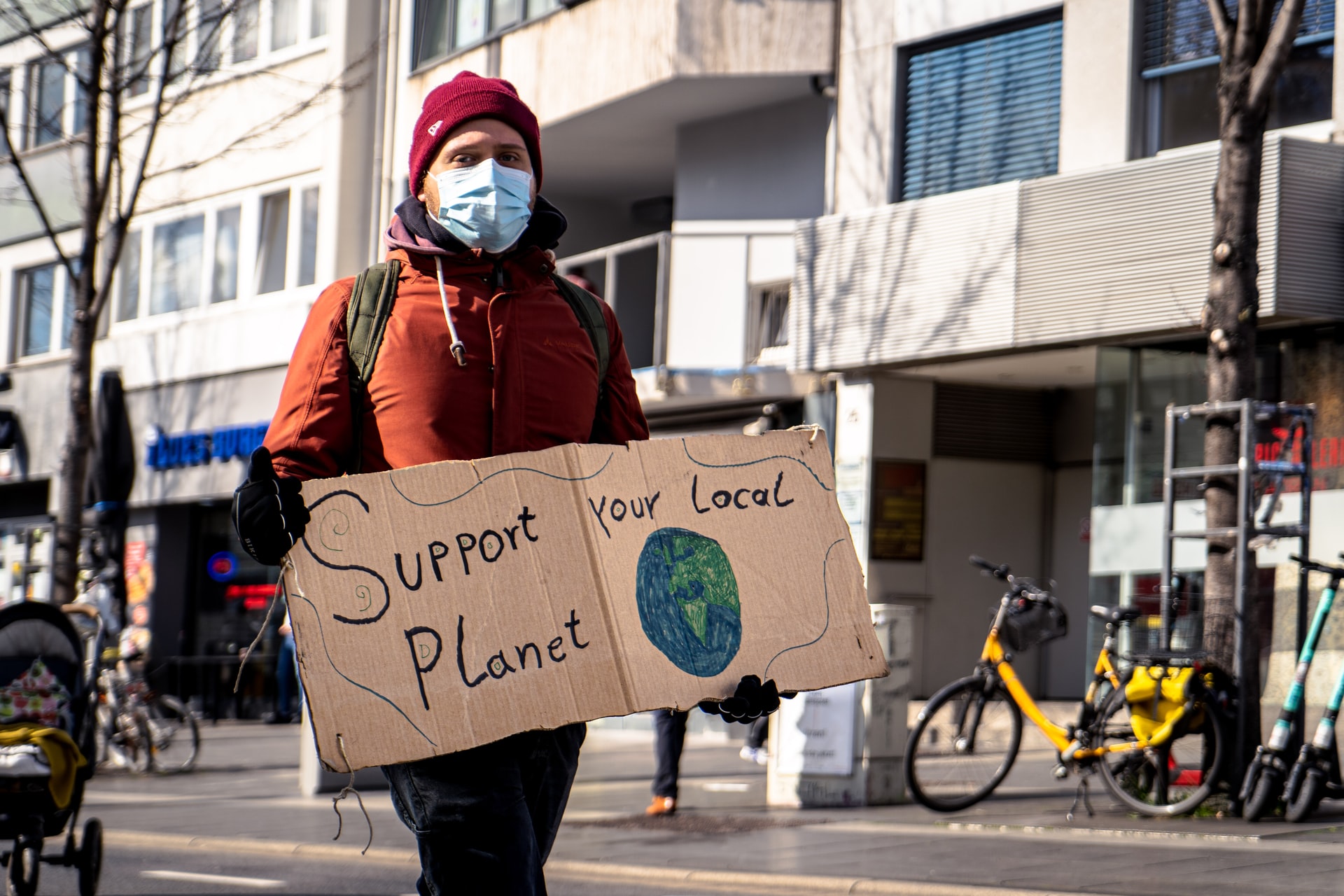Over the last twelve months, we have made some progress in learning to live with Covid with vaccinations and better treatments, new social protocols and vaccine passports. However, there are still many parts of the world where Covid-19 is spreading and others hit by new waves. As the World Health Organisation constantly reminds us, a global pandemic requires a world effort to end it – none of us will be safe until everyone is safe. There are still many destinations around the world reliant on tourism for nationally significant numbers of livelihoods and precious foreign exchange, which dare not open their borders. For the less developed countries learning to live with Covid is a major additional burden. Most of the world remains unvaccinated. The BBC has an interactive web page with graphics showing the continuing rise in cases and progress with vaccination.

It took political leaders time to recognise the scale of the threat posed by Covid-19, and there are still a few in denial. For well over a century, we have known the science of greenhouse gas emissions that our fossil fuel-based economies would create global warming with significant consequences for us and other species. We shall not destroy Earth, but we shall make it very much less hospitable for us, and other species, to live on.
As US President Joe Biden has told us this is the “decisive decade” for tackling climate change. “Scientists tell us that this is the decisive decade – this is the decade we must make decisions that will avoid the worst consequences of the climate crisis… The need for action is increasingly urgent. The longer we procrastinate, the more damage we shall do and the greater the cost. There is growing awareness of the consequences of climate change. Last year the Pew Research Center surveyed people in 14 countries amid the pandemic about climate change. A median of 70% said that they were concerned about the threat of global climate change, 69% said the same about the spread of infectious diseases. The climate change issue is increasingly salient, and politicians are responding. more
The World Meteorological Organization (WMO) reported on 27 May that there is about a 40% chance of the annual average global temperature temporarily reaching 1.5°C above the pre-industrial level in at least one of the next five years – and these odds are increasing with time. WMO Secretary-General Prof. Petteri Taalas said, “Increasing temperatures mean more melting ice, higher sea levels, more heatwaves and other extreme weather, and greater impacts on food security, health, the environment and sustainable development.” more
The European Union has recognised that it now needs to adapt to Climate Change “setting out the pathway to prepare for the unavoidable impacts of climate change. While the EU does everything within its power to mitigate climate change, domestically and internationally, we must also get ready to face its unavoidable consequences. From deadly heatwaves and devastating droughts to decimated forests and coastlines eroded by rising sea levels, climate change is already taking its toll in Europe and worldwide.”
WTM, as part of its forthcoming Platform for Change, has published Time for Effective Action to Remove Greenhouse Gas Emissions from Aviation.













